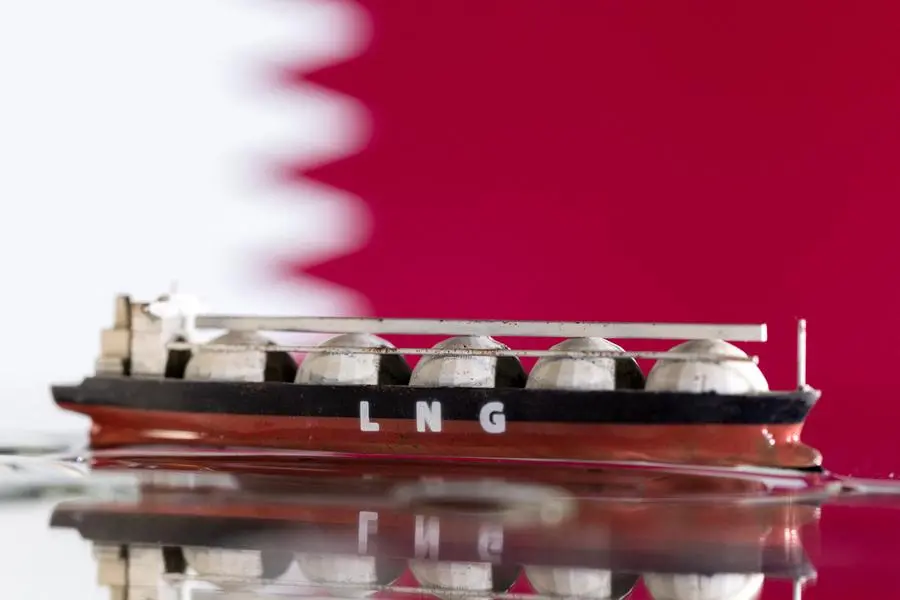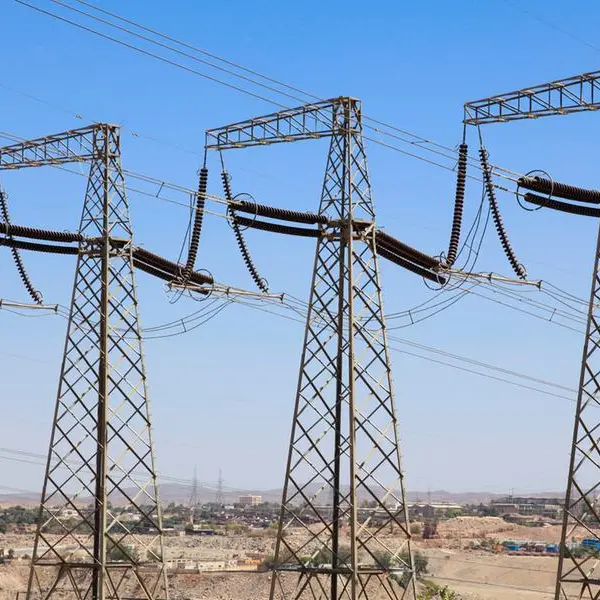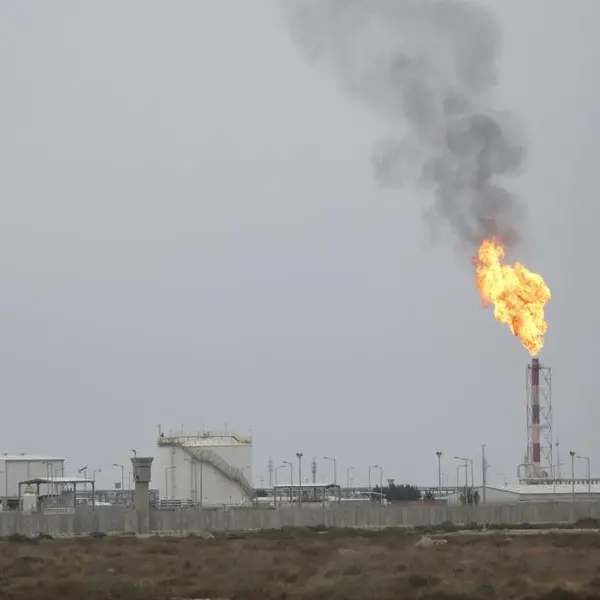PHOTO
DOHA: Experts attending the Qatar Energy Industry Seminar in Doha have outlined some of the significant challenges the energy sector will face in the years ahead and discussed the mitigation measures that will be necessary to ensure the industry’s continued sustainability, profitability and development.
The event, which was organised by Marsh, the world’s leading insurance broker and risk advisor and business of Marsh McLennan (MMC), examined a range of key topics including likely risks for 2025-2030, emerging HR priorities, new approaches to risk management and the importance of climate resilience.
Asaad Qassas, Chief Executive Officer of Marsh McLennan Qatar, emphasised that the energy sector in Qatar has been a key focus for the MMC Group. He noted the importance of convening experts and practitioners in Doha to explore the broader landscape of risk management, particularly in light of the global challenges facing the industry. Qassas indicated that Qatar is poised to enter a new phase characterized by both risks and opportunities, leveraging its prominent role as a leader in the Liquefied Natural Gas (LNG) market while also addressing increasing climate threats, cyber-attacks, and market fluctuations.
Representing 60 percent of the nation’s Gross Domestic Product (GDP) and 90 percent of export revenues, the energy sector has provided the cornerstone of Qatar’s dynamic economy in recent decades.
As the producer of 25 percent of the world’s LNG, Qatar stands to benefit significantly from ongoing increases in global energy demand, which is forecast to rise by 40 percent by 2040 according to the International Energy Agency (IEA).
However, as one of the world’s leading exporters of LNG, Qatar is heavily exposed to fluctuations in global energy prices caused by geopolitical tensions, as well as potentially vulnerable to global supply chain constraints.
Additionally, advances in renewable energy technologies and storage solutions threaten to erode LNG’s role as a ‘transition fuel’ in the global shift towards sustainable energy.
Research presented at the seminar also suggested that cyber incidents are having an increasingly serious impact. Energy and manufacturing companies were the target of 17% of cyberattacks in the Middle East last year, including ransomware attacks that halted operations in some key sites for weeks.
Speakers highlighted some of the important work being undertaken in Qatar to mitigate climate risks as part of the broader commitment to balance economic growth with environmental stewardship, as outlined in the National Climate Change Action Plan and the Qatar National Vision 2030.
These measures include significant investment in the energy sector, particularly in clean energy technologies, energy efficiency, and the development of low-carbon solutions, supported by a strong emphasis on developing climate risk management solutions to safeguard energy infrastructure.
These efforts are supported by comprehensive climate risk assessments to better understand the vulnerabilities of energy infrastructure and parallel work to develop innovative insurance solutions to help mitigate the financial risks associated with climate-related disruptions.
Other solutions presented during the event included tailored insurance solutions that cover cyber incidents and supply chain disruption, resilience planning to ensure preparedness for managing climate risks, and leveraging artificial intelligence solutions to optimize asset management and reduce operational disruption.
© Dar Al Sharq Press, Printing and Distribution. All Rights Reserved. Provided by SyndiGate Media Inc. (Syndigate.info).





















